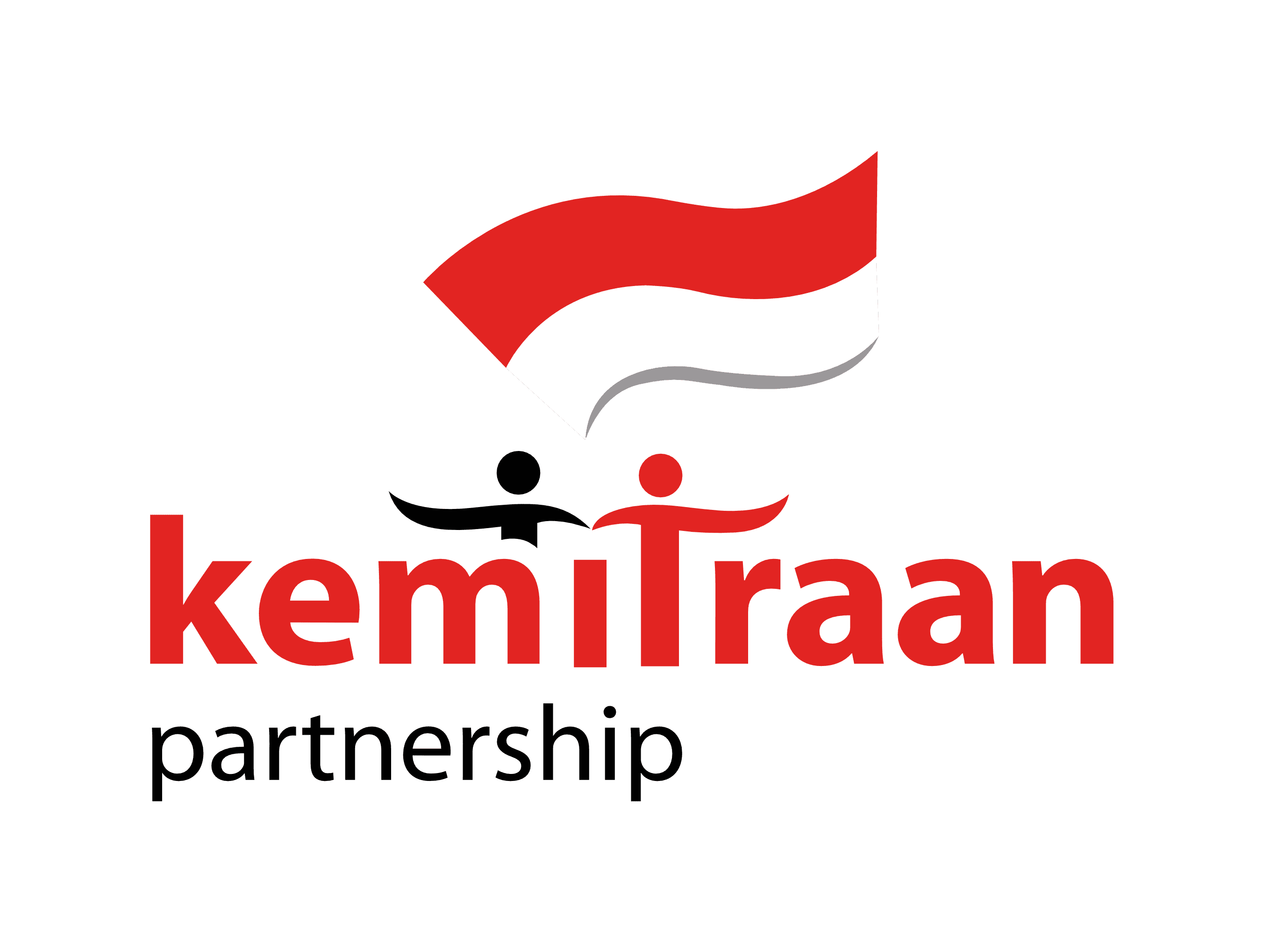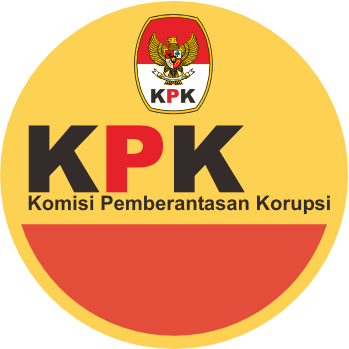
PEKALONGAN – On Wednesday (20/4), HA Afzan Arslan Djunaid or Aaf stated that KEMITRAAN Adaptation Fund (AF) projects will contribute positively in dealing with tidal flooding in the city. ”We hope that the implementation of the AF KEMITRAAN program in Pekalongan City can be successful, especially to handle the problem of tidal flood,” said Mr. Aaf after the signing of the memorandum of understanding (MoU) between the Pekalongan City Government and KEMITRAAN in Kresna Room of the Pekalongan City Government.

Based on the available data, the tidal flood in Pekalongan City was one of the largest floods in Central Java. The more pressing issue is that Pekalongan City has the greatest rate of land subsidence in Indonesia. In order to address these crucial issues, multi parties must be involved to assist the Pekalongan City Government.
”We would like to express our gratitude to KEMITRAAN, which has been assisting Pekalongan City in dealing with the effects of climate change, and we hope that this would be a blessing for Pekalongan City. Hopefully, this kind of collaboration can also be expanded to other areas,” said Mr. Aaf.
Meanwhile, Laode M. Syarif, the Executive Director of KEMITRAAN, stated that the signing of the MoU was significant because it established a legal framework for partnership between KEMITRAAN and the Pekalongan City Government.
”After the signing of this MoU, we humbly request for the City Government’s support to establish a partnership agreement with the relevant regional apparatus organizations (OPD),” said Laode.
Through the AF program, KEMITRAAN runs many programs in Pekalongan City to build the resilience of coastal areas towards the impacts of climate change and natural disasters.
”All AF projects in Indonesia must be approved by the Ministry of Environment and Forestry (KLHK). In addition, these projects must receive support from the local government where the program is conducted. We are very pleased with the support given by the Mayor of Pekalongan and his staff at the City Government regarding the implementation of the AF KEMITRAAN program,” added Laode.

Laode explained that the Pekalongan City AF project is the largest one compared to four other regions in Indonesia. He emphasized that various parties should be involved in handling the tidal flood in Pekalongan City. From the central government, provincial, city, and institutions such as KEMITRAAN.
“We hope that the AF project will be able to help Pekalongan City mend hundreds of existing holes caused by tidal flooding. Infrastructure development is one answer, but there are also natural ones, such as planting a natural fortress of mangroves,” he said.
Regional Secretary of Pekalongan City, Sri Ruminingsih added that handling tidal floods in Pekalongan City requires synergy and collaboration between various parties. She expresses her pleasure in the implementation of the AF KEMITRAAN program in Pekalongan City. Furthermore, the areas still have a lot of homework to do, including studying the effects of climate change.
“The signing of this MoU is critical because it establishes the legal framework for KEMITRAAN’s partnership with the Pekalongan City Government. We request that all OPD heads pledge their support for the Pekalongan AF initiative for the success of this collaborative program,” said Mrs. Sri.






